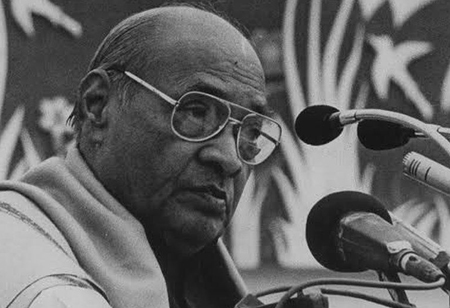
CEO Insights Hall of Fame: Eight Leaders Who Carved the Indian Automotive Sector

P V Narasimha Rao—The Rescue Mission

Before we talk about P V Narasimha Rao, let’s first look at the political scenario that restricted the Indian automotive industry towards its development. The Tariff Commission was established in 1952 to shield domestic industry from international rivalry. Its mandate included investigating strategies for launching a homegrown auto sector. However, the commission eliminated India from the competition by cutting off our access to the rest of the automotive world rather than regulating commerce. Furthermore, harsh limitations were imposed on regional players, stifling advancement. The amount of cars produced, the models that could be created, and even the selling price were all subject to restrictions. The Indian car sector was essentially put into a coma when the tariff commission took effect, and for about 40 years, were limited to using the Fiat and the Amby.
Indian government's global opening marked the start of the de-licensing process and the end of the Licence Raj. The structure of duties and excise was also altered. CBUs were set at 110 percent, import tariffs on CKD were lowered to 50 percent, and excise was cut from 55 to 40 percent. Global automakers responded with such vigor that it resembled the gold rush. They considered India to be the world's final unexplored market, with enormous potential, and between 1993 and 1996, automobile sales there doubled.
Loosened Economic Controls
Rao's administration differed from its predecessors in that the latter sought assistance from the International Monetary Fund in comparable circumstances. They agreed to the terms of the IMF loan, which called for the government to loosen economic controls. However, the former administrations returned to their previous practices as soon as things were better.
On the other hand, Prime Minister Rao quickly removed government controls over enterprises to address the underlying reasons for the ongoing financial issue.
Extended Political Support in Financial Matters
In addition, he provided political support to his finance minister, Dr. Manmohan Singh, for the implementation of extensive tax and fiscal reforms, as well as to his commerce minister, P. Chidambaram, for the first-ever adjustments to export-import regulations.
Early in his term, in 1991, he stated to a gathering of rich investors at the World Economic Forum that globalization and economic changes should contribute to the creation of a society that is more compassionate and humane.
Laid the Foundation for Highways
By creating the NHAI, his government provided the foundation for the national highways initiative and enabled Prime Minister Vajpayee to carry it out. The focus was on industries that create jobs, such as food processing, which is connected to modern agriculture and infrastructure.